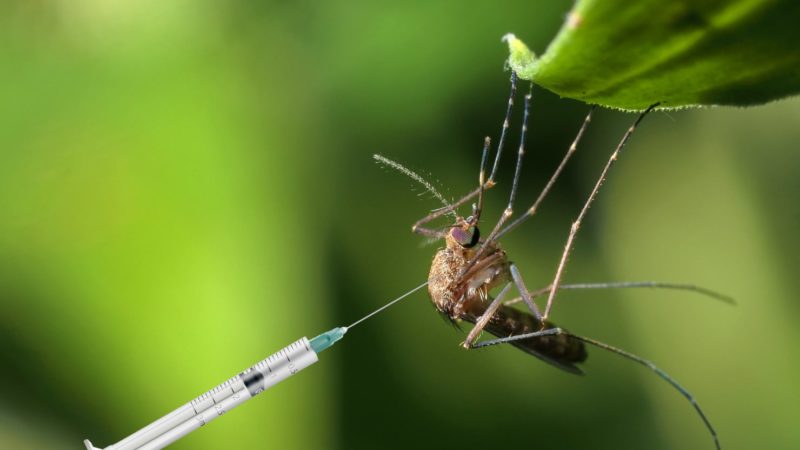COPAGEN Mali, a member organisation of the West African Global Convergence for Land, Water and Seeds, is frowning at an apparent plan by the Malian authorities to authorise test for genetically modified (GM) mosquitoes in the country.

Under the nation’s “Target Malaria” project, which COPAGEN Mali claims is being funded by the Bill and Melinda Gates Foundation, the National Biosafety Committee had planned to meet to evaluate the dossier application for a test authorisation with GM mosquitoes in the fight against malaria under the Ministry of the Environment, Sanitation and Sustainable Development.
The request for authorisation reportedly came from the Centre for Training and Research against Malaria whose experimental laboratory is located at Point G at the Faculty of Medicine and Odontostomatology (MRSC / FMOS) of Bamako.
But COPAGEN Mali has declined to endorse the meeting, saying that it does not seem to comply with the provisions of Law No. 08-042 on Biotechnology Security in Mali and its implementing decree setting the powers, the composition and the operating procedures of the National Biosafety Committee (Decree No. 10-683 / P-RM of December 30, 2010).
In a statement made available to EnviroNews, COPAGEN Mali disclosed that, according to Article 6 of the decree, an order of the Minister of the Environment sets the list of the members of the National Biosafety Committee on the proposal of the respective bodies. The group notes that the decree has not been taken to date.
The statement, titled: COPAGEN’s Declaration on the “Target Malaria” project and the process of its authorisation in Mali, adds: “In addition, Article 3 of the same decree stipulates that the Committee is composed of about 40 members whereas only 14 persons were invited to the meeting which is currently held in Selingué (from September 24 to 29, 2018) to rule on the application for authorisation of experimentation of genetically modified mosquitoes.
“No meeting of the persons from the Committee’s member bodies can take the place of a meeting of the Committee unless these persons have been duly mandated through an official appointment of the Minister of the Environment, who cannot, therefore, make legally valid recommendations to the competent national authority. So, any decision from the authority, in this case the Ministry of the Environment, based on these recommendations has no legal value and is therefore null and void.
“Furthermore, we disapprove of this project, which we consider to be a false solution to the eradication of malaria. Since any genetic manipulation forced by biotechnology involves risks to health and the environment, we warn public opinion.
“This project involves a lot of uncertainties and its erroneous vision will deviate us from real strategies for fighting malaria. Among them, sanitation remains the most effective. It is fundamentally essential and should be the priority target of the Ministry of the Environment, Sanitation and Sustainable Development.
“While Mali has hardly requested authorisation for the experimentation in a confined environment, which we refuse, things are even more serious in Burkina Faso. As they are still recovering from their disappointment with BT cotton, the Burkinabè people are again being used as “guinea pigs” after the authorisation to release genetically modified mosquitoes in the region of Bobo-Dioulasso, which is a threat to our entire subregion.
“Our silence will make us guilty victims, so let’s act!”
Nnimmo Bassey, Director, Health of Mother Earth Foundation (HOMEF), commented: “Experimenting with genetically engineered mosquitoes in villages in Burkina Faso is an utter disregard of the safety of the people and their right to dignity and their right to have comprehensive and comprehensible information on this risky and untested technology. Using Burkinabes as guinea pigs is an assault on our collective sensibilities. The experiments must be halted.”
